| |

Antal
Lux
http://www.antallux.de/
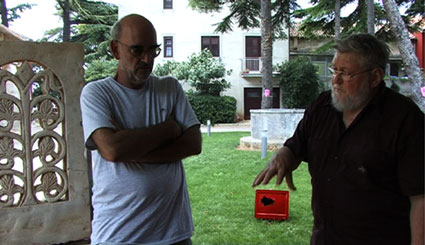
Born
in Budapest, in 1935. In 1956 immigrated to Germany, where he pursued
his studies at the painting and graphics department of the Academy
of Fine Arts, Stuttgart. Passed the state examinations in 1965.
During five years studies he received an American scholarship.
After pursuing a career in teaching, from 1970 exhibited works as
a freelance painter and graphic artist in all over the world and
received a number of awards. Among others: in 1964 „Prix International
Salon de Paris, in Juvisy“; in 1988 scholarship of the Cultural
Fund, Bonn; in 1993 Prize of the Hungarian Fine Artists’ Society,
International Biennale of Arts, Gyor, Hungary; in 1991 the first
prize of „Retina“ festival, Szigetvar, Hungary; in 1991 the prize
of Film Festival, Hanover; in 1995 the video prize of the New Berlin
Art Association; in 1996 prize of the 18th Tokyo Video Festival;
resident artist of ZKM, Karlsruhe; first prize of the Bremen Video
Arts Festival; in 1998 „Silver Award“ of the 20th Tokyo Video Festival;
jury member of the film commission of Lower Saxonia.; 2000 distinguished
laudation of the Locarno video Arts Festival.
Different exhibitions in Germany, France, Italy, England, Romania,
Hungary, Spain, Finland, Croatia
From 1980, parallel with fine Arts, he was engaged in the experimental
media arts (video art, installations, electro-graphics). These visual
experimental works have been shown all over the world (Germany,
Denmark, Austria, Turkey, France, Sweden, Australia, Malaysia, Caucasus,
Georgia, Argentina, Hong Kong, Netherlands, Schweitz, Portugal,
USA and Croatia.
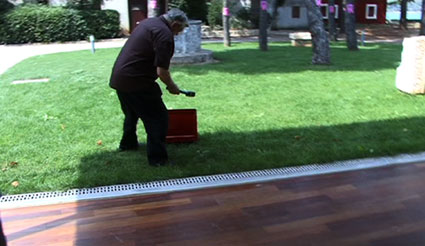
Performance and installationa "The Media are Political Systems,
they are ManipulatingIndividuals
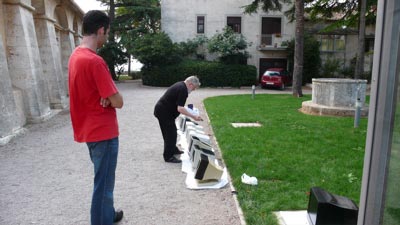
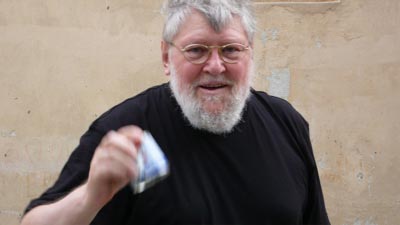
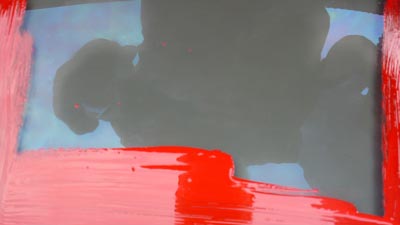
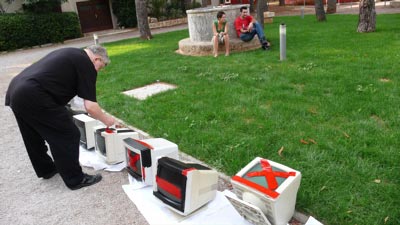
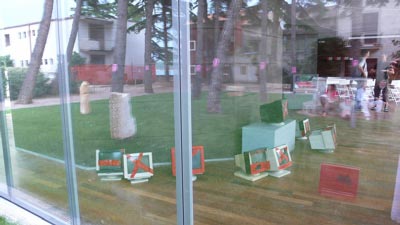
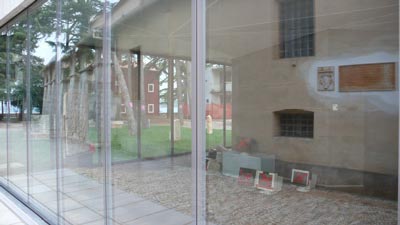
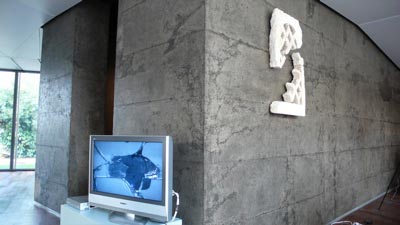
Soon
also in English:
"Symbolisch
nehme ich Monitoren die ich mit Medien jeglicher Art assoziiere.
Die vernichte ich, da sie politische Systeme sind, sie manipulieren
das Individuum.
Man muss alles in der Umgebung zerstören vor man Kunst schaffen
kann; Leinwände, Radios, Zeitungen, Monitoren. sogar Glieder zerbrechen
oder Kopf einschlagen.
Ohne Gewissensbisse haben wir "Anarchismus" im Hinterkopf.
Nicht nur das ist das einzige, welches in der Reflexion auf frühere
Zeiten sich auf die eigene Epoche oder die Nachzeit auswirkt, sondern
das kann von der Mehrheit der "Kunstwerke"
behauptet werden, ohne das hinsichtlich ihrer Zeitfolge tiefer zu
untersuchen."
Foto collagues
on the exhibition in RIGO
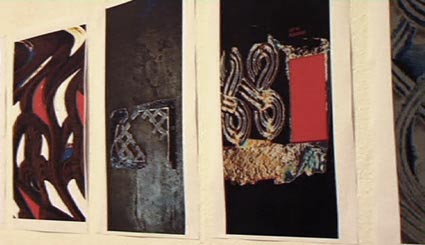
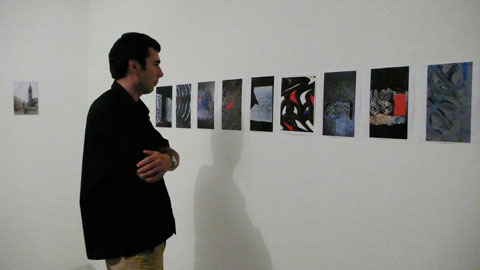

|